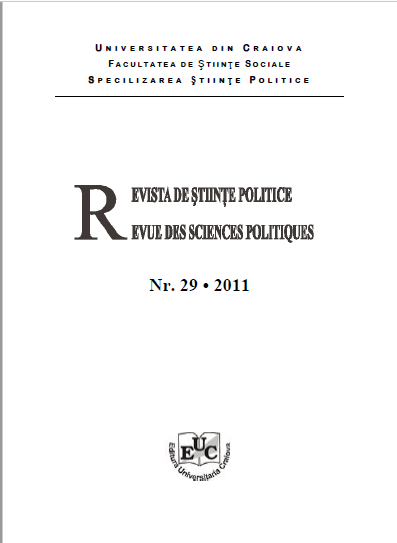The politics of self-identity in the Balkans. The role of church-state relations in forming a new com-union
The politics of self-identity in the Balkans. The role of church-state relations in forming a new com-union
Author(s): Anca Parmena OlimidSubject(s): Political history, Politics and religion, Post-War period (1950 - 1989), Transformation Period (1990 - 2010), History of Communism, Post-Communist Transformation, Politics and Identity
Published by: Editura Universitaria Craiova
Keywords: identity; Balkans; church; state; com-union;
Summary/Abstract: This paper aims at identifying the main talking points of the Balkans collective identity assuming the hypothesis that recognizes its character of a unique phenomenon. The orientation of the paper towards a broader context of scientific analysis allows the possibility of the avoidance of a political, historical, legal, and not least, religious determinism focused on the year 1989: the moment of the collapse of the “communist bloc”. The working hypothesis starts from the observation attributing to the changes of the social practices. In this situation, the paper allows a detailed exposition of the theoretical and practical elements of the evolution and role of Church-State relations in forming a collective identity in the Balkans. As to the structural dimension of the political myth-making the analysis converges towards the acceptance of the following components: social practices and relations, national self-conscience and minority condition, religious freedom and migration experience.
Journal: Revista de Științe Politice. Revue des Sciences Politiques
- Issue Year: 2011
- Issue No: 29
- Page Range: 101-110
- Page Count: 10
- Language: English

